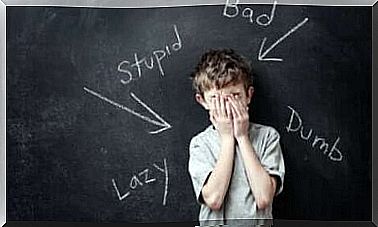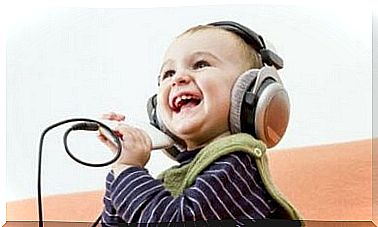Child Self-regulation Problems

Have you noticed that your child is acting impulsively in an emotional situation and is having difficulty calming down under certain circumstances? This can be due to the child’s self-regulatory problems.
What does self-regulation mean?
Self-control and self-regulation are easy to confuse. They are two different things, but they are interrelated:
- Self-control is a social skill that allows a child to control their behavior, impulses, and emotions.
- Self-regulation is concerned with expressing emotions and adapting one’s own behavior to suit situations. It can be divided into the regulation of emotions, consumption, and behavior.
Self-regulation helps the child understand how to calm down and avoid emotional outbursts and excessive frustration. For example, it is perfectly normal for a 4-year-old to have outrage attacks because he or she has not yet developed the ability to self-regulate. But if it’s a 12-year-old, then it’s about the child’s self-regulatory problems.
How does self-regulation work?
To understand self-regulation, you can think about how the thermostat works. How does the thermostat work? The purpose of this mechanism is to regulate and maintain the room temperature. When a room reaches a certain temperature, it turns off and turns on again when the temperature drops too low. You set the point at which the heating goes off. Self-regulation is a similar process. The child also has a certain “fixed point” in which he has the ability to control his emotions as well as his behavior in the right way.

However, in order to maintain control, the child must know his or her own fixed point in each situation so that the child can assess how he or she feels and reacts so that he or she does not exceed that point. This process is related to how the child processes information and emotions, as well as knowing how to deal with them.
Child self-regulation problems and ADHD
It is often difficult for a child with ADHD to control their emotions, which can cause the child to react unreasonably. It is also important to remember that a child with ADHD lacks the ability to control impulses, so he or she may act inappropriately in the situation he or she is facing. For this reason, the child may react excessively because the child is unable to stop and think about the situation or figure out the right kind of solution.
Child self-regulation problems and sensory processing difficulties
A child who experiences difficulties with sensory processing may also have problems utilizing sensory information. This means difficulty in understanding the information produced by sensory, visual, auditory, olfactory, taste, and other senses such as interseption, postural sense, and vestibular sense.
The source of the problem is the nervous system, which has difficulty regulating itself. For this reason, when a child is in a situation with a wide variety of sensory stimuli, the child is unable to self-regulate, which can lead to uncontrolled behaviors and display of emotions.

How to help a child with self-regulation problems?
There are ways in which a child can help with this self-regulatory problem. The first step is to know what is causing the problem in understanding the information: whether it is a sensory or thinking difficulty.
What is required for self-regulation?
- Self-awareness. Whether your child’s self-regulatory problems are due to ADHD or sensory processing difficulties, you should help your child understand what situations are causing him or her emotional stress. For example, if you anticipate a situation that will cause a bad reaction in your child, you can tell your child about it in advance. The child can then prepare for the situation.
- Impulse management. A child with ADHD cannot escape the impulses of anger or frustration, even if he or she knows the solutions to certain types of situations. In this case, parents have an important role to play in helping the child control their emotions and reactions, as well as teaching the child the skills to overcome such problems.
- Setting goals. Initially, it is a good idea to set smaller realistic goals so that the child can gradually achieve larger goals.
As we can see, some children have difficulty self-regulation. It is important for parents to know how the age-appropriate development of the child should proceed. Parents can also discuss with the child what his or her fixed point is. It is important for you as a parent to show your child ways to deal with frustration as well as anger. A child with self-regulatory problems can also benefit from a variety of self-regulatory exercises.









